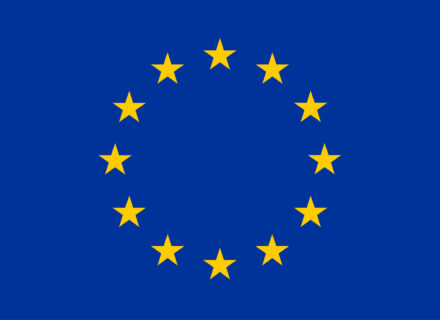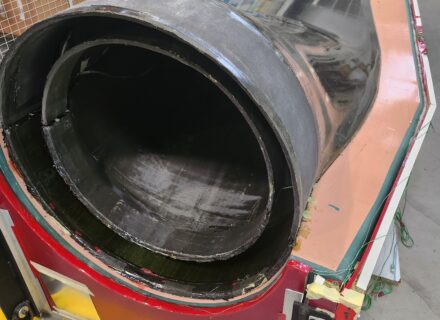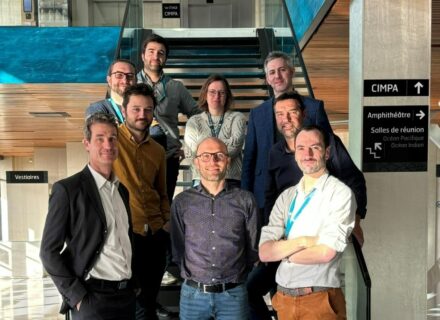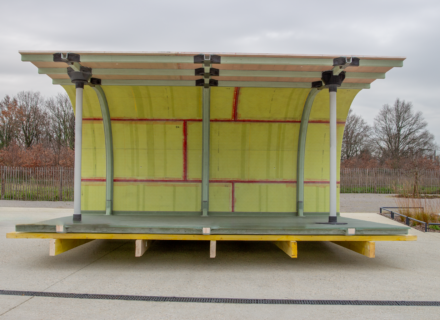Production
IRT Jules Verne wins a new European project: UPBEAT!
📢 With no fewer than 19 projects for 2020 won, the IRT Jules Verne is staying the course and maintaining its position as a key player in the European research landscape. The European UPBEAT project, which was launched on 1 May, aims to create new methods and tools for quantifying uncertainties in order to produce […]
European CARBO4POWER project : IRT Jules Verne has just completed the infusion of the two half-blades of the full-scale tidal
📢 IRT Jules Verne has just completed the infusion of the two half-blades of the full-scale tidal demonstrator using CIDETEC’s 3R resin and based on process simulations by ITA INNOVA. The next steps include the manufacturing of the spars and the assembly, followed by the transfer of all the demonstrators to the IRT’s mechanical […]
Launch of MAXIMA Project
IRT Jules Verne, AIRBUS and DAHER have just launched the MAXIMA (Multi AXIal Material Additive) project for a period of 30 months. Today, the use of extrusion additive manufacturing is limited to materials whose transformation temperatures and chemical properties render them easy to process. However, their poor mechanical properties limit their fields of application, […]
The European Project FIBRE4YARDS Redefines the Shipbuilding Industry with Next-Generation Composite Technologies
Nantes, France – 20th decembre 2023 After 3 years of collaborative development, the European project FIBRE4YARDS proudly announces its results at its closure this week. This collaborative project, dedicated to the use of fiber-reinforced polymers (FRP) in shipbuilding using Industry 4.0 concepts, involves 13 partners from 6 European countries. Focused on optimizing production costs […]
The CONNECT project kick-off
The Jules Verne Institute of Technological Research and its project partners, AIRBUS ATLANTIC, AIRBUS OPERATIONS, DAHER AEROSPACE, LATECOERE, LIEBHERR AEROSPACE TOULOUSE, NANTES UNIVERSITY (LTeN) and CERO have just launched the CONNECT project for a duration of 30 months and a budget of 2,7 M€. Previous projects COSMOS / COSMOS-PEEK were completed in 2022 with […]
COMPLETION OF RIVERS PROJECT
The RIVERS project launched in May 2019 with the Université de Nantes and Siemens Gamesa has recently come to an end. The main objective of this project was to study the feasibility of adapting and implementing a solution for structural health monitoring of a composite offshore wind turbine blade, based on the Digital Image […]
JULES VERNE INSTITUTE IS INVOLVED IN A NEW EUROPEAN PROJECT: CAELESTIS!
CAELESTIS is a new project funded by the European Commission under the Horizon Europe programme focused on the aeronautics industry and aiming to digitise the entire design and manufacturing process of aeronautical parts. The kick-off meeting of this project took place on 9 and 10 May 2022 in O Porriño, Spain, with the presence […]
AFAL project completion
The feasibility study, AFAL, initiated in 2021 with DAHER, ended a few days ago. In the current context, automatic draping technologies are poorly adapted to small parts and require the intervention of specialised operators. While their skills are essential for complex parts, it is interesting to think about automation for simpler parts. In this […]
LAUNCH OF THE HYBRITECH PROJECT TO MEET THE REQUIREMENTS OF THE AERONAUTICAL SECTOR, PARTICULARLY WITH REGARD TO THE ENVIRONMENTAL IMPACT OF THEIR PROCESSES
The IRT Jules Verne and its partners, AIRBUS and LOIRETECH, have just launched the HYBRITECH project for a duration of 36 months and a budget of 2.8M€. Composite materials for aeronautical applications and their implementation are now widely mastered. However, the context of increasing aeronautical production rates requires a review of aspects of the […]











